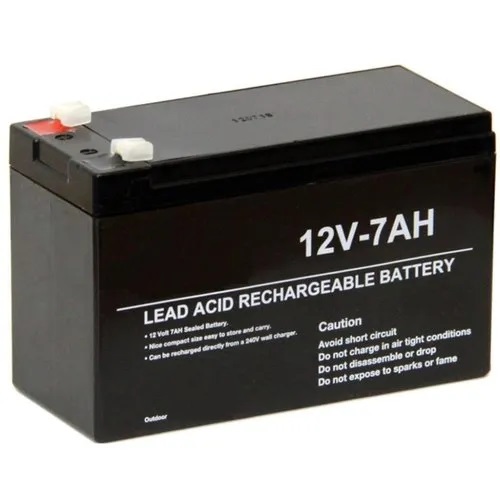The type of battery suitable for a UPS (Uninterruptible Power Supply) depends on various factors such as the intended use, budget, and environmental considerations. However, the most common types of batteries used in UPS systems are:
- Valve Regulated Lead Acid (VRLA) Batteries: These are also known as sealed lead-acid (SLA) batteries. They are maintenance-free and typically used in smaller UPS systems, such as those for home or small office use. VRLA batteries are cost-effective and have a relatively long lifespan.
- Flooded Lead Acid Batteries: These are traditional lead-acid batteries that require regular maintenance, such as adding distilled water. They are more commonly used in larger UPS systems, such as those for data centers or industrial applications. Flooded lead-acid batteries tend to have a longer lifespan than VRLA batteries but require more maintenance.
- Lithium-ion Batteries: These are becoming increasingly popular due to their higher energy density and longer lifespan compared to lead-acid batteries. Lithium-ion batteries are more expensive than lead-acid batteries but offer better performance and require less maintenance. They are commonly used in high-end UPS systems or where space and weight are significant concerns.
- Nickel-Cadmium (NiCd) Batteries: These are less common in UPS applications due to environmental concerns associated with cadmium. However, they offer high energy density and long cycle life, making them suitable for certain UPS applications.
When choosing a battery for a UPS, it is essential to consider factors such as the required runtime, load capacity, space constraints, and budget. It is also crucial to follow the manufacturer’s recommendations for battery selection and maintenance to ensure the UPS system’s optimal performance and longevity.


